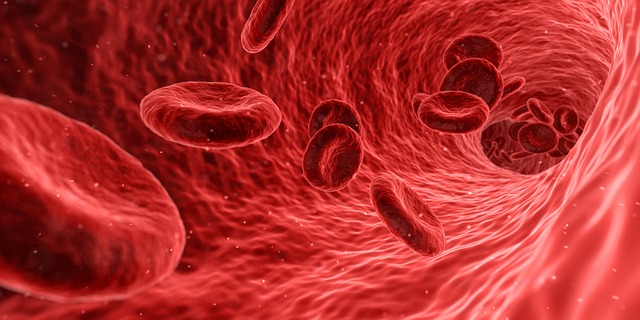
by Dr. Oler, ND | Oct 21, 2021 | Allergies, Bone Health, Depression, Immune System, Inflammation, Men's Health, Mineral Absorption, Nutrition, Supplements, Women's Health
Vitamin D has been in the news a lot lately. In actuality, Vitamin D is in the news all the time, as research is finding that a large portion of the population needs to supplement vitamin D in order to achieve ideal levels. However, every person has unique needs for vitamin D; in this post, we’ll show you how you can determine the exact amount of vitamin D that you need.
(more…)
by Dr. Oler, ND | Aug 2, 2018 | Health and Wellness, Naturopathic Medicine, Supplements, Testing Category
The first post in this series highlighted how important a properly constructed and completed client packet can be to help highlight possible underlying imbalances that could be impacting a person’s current state of health. This post will focus on one of the most underutilized tests that can help determine exactly which vitamins, minerals, amino acids and antioxidants a person’s body needs to optimize health. (more…)

by Dr. Oler, ND | Jul 19, 2018 | Athletic Performance, Health and Wellness, Hormone Imbalance, Men's Health, Naturopathic Medicine, Supplements, Women's Health
Whether people are just starting down the path to optimizing their health or have been following the path for some time, everyone has the same questions: “What supplements and foods should I be consuming? Which ones should I stay away from? What does my body need? and What nutrients do I need to further improve my health?” With all the information out there, it can be impossible for a layperson to navigate this confusing territory. This is where functional testing comes in: to help us determine each person’s exact needs in regards to which foods and supplements they should take and avoid in order to optimize their health. (more…)

by Dr. Oler, ND | Apr 19, 2018 | Bone Health, Mineral Absorption, Supplements
Most people never hear of vitamin K until they (or someone they love) are placed on a blood thinner like Warfarin or Coumadin. At that time, these people are told that they need to avoid eating foods that are high in vitamin K. The unfortunate consequence of this can be an increase in atherosclerosis, kidney stones, osteopenia and osteoporosis. And it isn’t necessary. (more…)

by Dr. Oler, ND | Nov 16, 2017 | Eating Naturally, Health and Wellness, Nutrition, Supplements
Many people wonder whether or not they need supplementation in order to optimize their health. The answer is (like most things related to health): it depends. (more…)

by Dr. Oler, ND | Nov 9, 2017 | Fatigue, Health and Wellness, Nutrition, Supplements
Part 1 in this series outlined the need for antioxidants and how they can protect our bodies from a whole host of disorders and dysfunction. In this post, we’ll review some of the key antioxidants and why you may want to take a variety of antioxidants. (more…)





